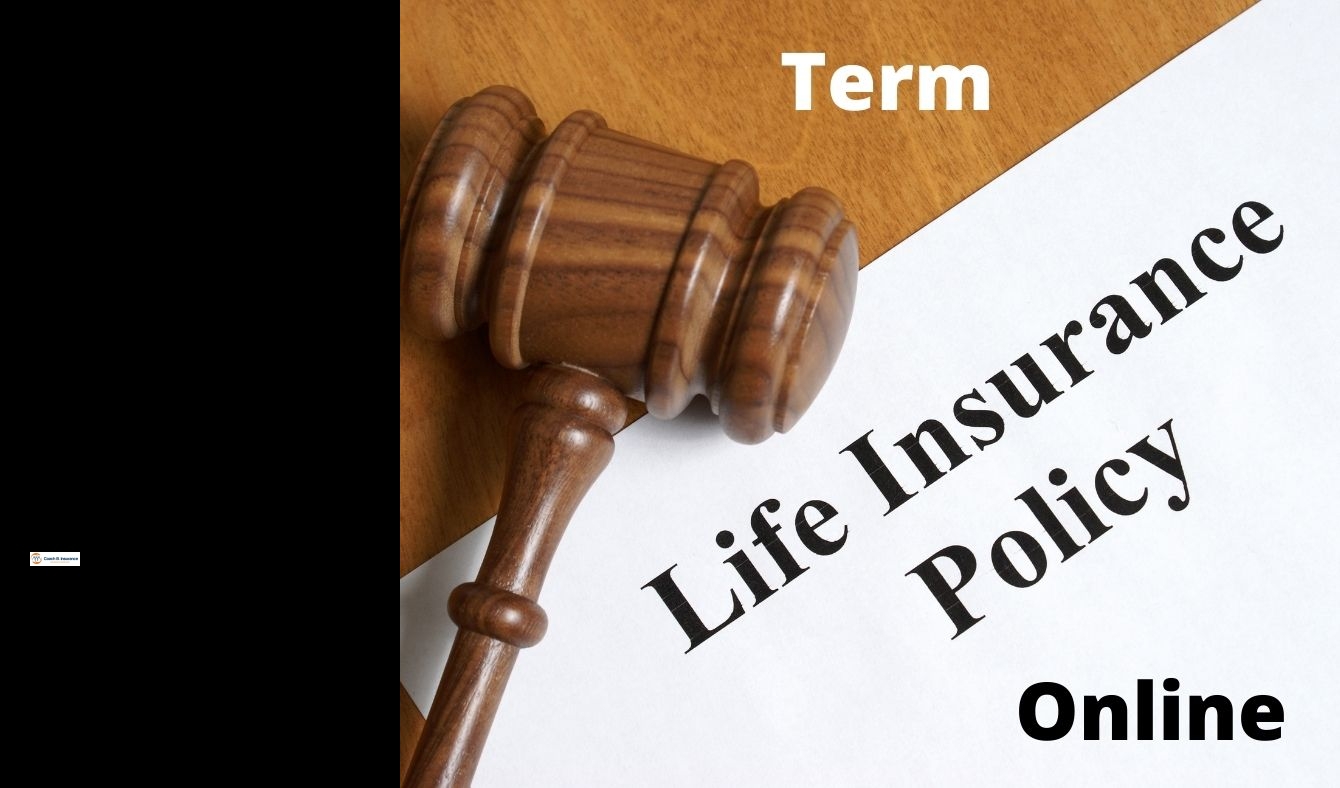whats term life insurance
Term insurance covers you only for a certain time, like 10 or 20 year. You can choose the term length that best suits your needs. If you die during the term, your beneficiaries will get the payout. Your term life insurance policy can be renewed or cancelled at any time. The term should end by the time you are no longer eligible for life insurance. This means that your house, children, and bank account will have been paid off. Term life policies can be the cheapest type.



